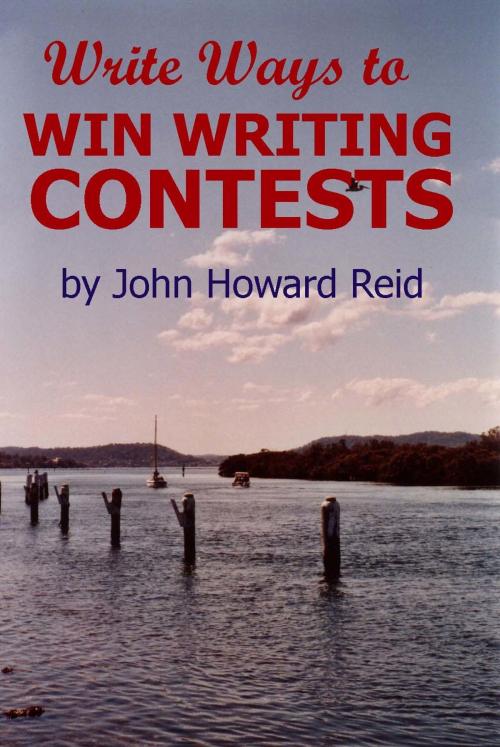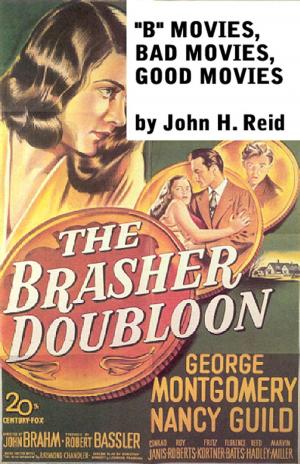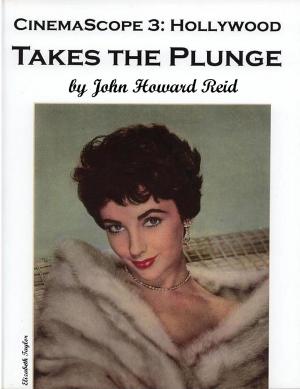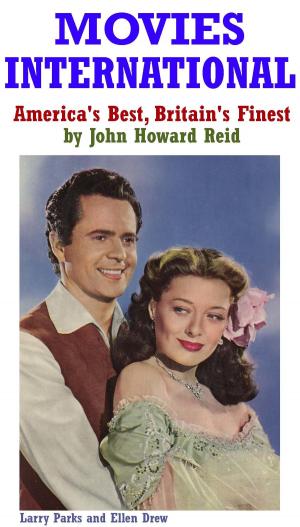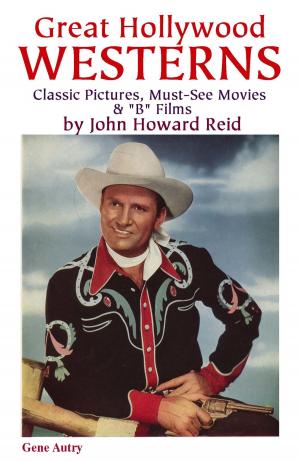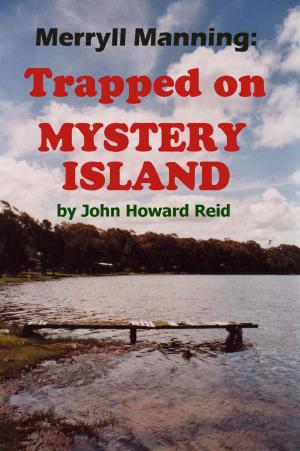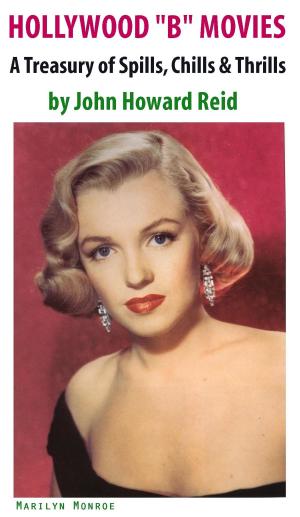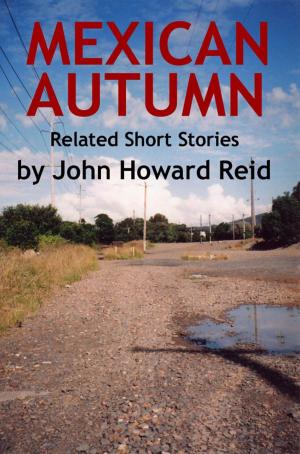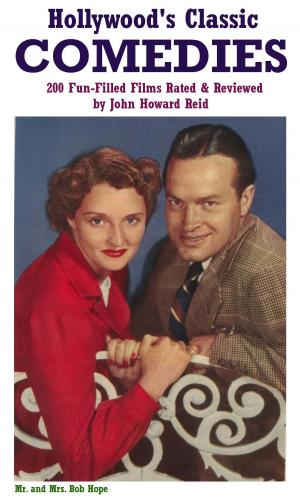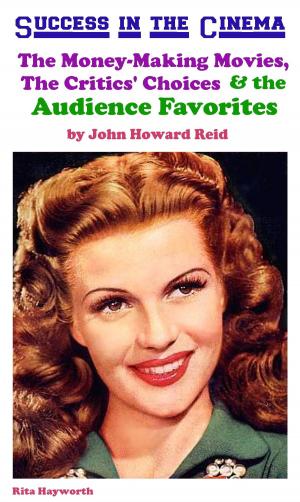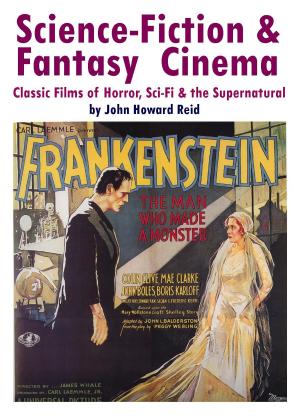Write Ways to WIN WRITING CONTESTS: How to Join the Winners' Circle for Prose and Poetry Awards
Nonfiction, Reference & Language, Language Arts, Study & Teaching, Writing & Publishing, Writing Skills, Reference| Author: | John Howard Reid | ISBN: | 9781458178688 |
| Publisher: | John Howard Reid | Publication: | March 29, 2011 |
| Imprint: | Smashwords Edition | Language: | English |
| Author: | John Howard Reid |
| ISBN: | 9781458178688 |
| Publisher: | John Howard Reid |
| Publication: | March 29, 2011 |
| Imprint: | Smashwords Edition |
| Language: | English |
A first rate primer for anyone considering an entry into the many prose and poetry contests offered by mail as well as online, this handbook does not itemize these contests but gives basic procedural and format information. The author relates his experiences entering a number of contests. He also offers excellent cautions, such as researching the contest judges, their particular bias and works they have authored. First-time entrants might well consider this a prerequisite to entry. When reading the words "open theme" in a contest, what comes to mind? Anything goes? It's anything but. Reid's book imparts this type of advice along with what topics or themes to avoid and how to approach theme-based contests. The author entered 80 contests in 18 months as research for the book. He now judges three contests (which he mentions a few times), so he has the perspective of the other side, the person accepting and judging the entries. Creating a winning entry takes more than outstanding content. Like applying for a job or college, it also takes research. The author provides details in condensed and easy-to-read chapters, saving the writer time in trying to figure out the process. He discusses scams and knowing which ones are legitimate contests and which are rip-offs. Not all scams are limited to the submit-your-poem and you-won't-have-to-pay-a-dime but on the other hand you-might-want-to-buy-the-anthology scam. Reid gives tips on how to weed out the bad seeds. His advice comes across as a seasoned expert in the topic and he fearlessly shares his opinions about contests and rules. This handy handbook will help the writer to recognize the mark of contests with prestige. Aside from helping the reader on how to find suitable contests and using pen names, etc, "Write Ways to Win Writing Contests" also gives tips on sure ways to get your manuscript rejected as well as quick ways to win the judge's attention and eye and get your manuscript accepted. To research this book, the author entered no less than 80 writing contests himself. His entries won prizes or were short-listed 29 times. That’s better than a one-in-three success rate. (Would you believe that, three years after the event, I received a Commended Certificate for an entry in a poetry contest. So make that "short-listed 30 times!") Reid states that he could easily have achieved a one-in-two success rate, if he had only entered the RIGHT contests. "I entered some contests merely to prove my theories or simply to obtain Judges' Reports." Originally published in 2002, this book was re-issued with minor up-dates in 2003. A revised third edition was published in March, 2004, an enlarged fourth edition in May, 2009, the present fifth edition in April, 2011. "Write Ways to Win Writing Contests" is a must have for any writer who wants to enter and win writing contests. It is a well-written handbook that explains everything a contestant needs to know.
A first rate primer for anyone considering an entry into the many prose and poetry contests offered by mail as well as online, this handbook does not itemize these contests but gives basic procedural and format information. The author relates his experiences entering a number of contests. He also offers excellent cautions, such as researching the contest judges, their particular bias and works they have authored. First-time entrants might well consider this a prerequisite to entry. When reading the words "open theme" in a contest, what comes to mind? Anything goes? It's anything but. Reid's book imparts this type of advice along with what topics or themes to avoid and how to approach theme-based contests. The author entered 80 contests in 18 months as research for the book. He now judges three contests (which he mentions a few times), so he has the perspective of the other side, the person accepting and judging the entries. Creating a winning entry takes more than outstanding content. Like applying for a job or college, it also takes research. The author provides details in condensed and easy-to-read chapters, saving the writer time in trying to figure out the process. He discusses scams and knowing which ones are legitimate contests and which are rip-offs. Not all scams are limited to the submit-your-poem and you-won't-have-to-pay-a-dime but on the other hand you-might-want-to-buy-the-anthology scam. Reid gives tips on how to weed out the bad seeds. His advice comes across as a seasoned expert in the topic and he fearlessly shares his opinions about contests and rules. This handy handbook will help the writer to recognize the mark of contests with prestige. Aside from helping the reader on how to find suitable contests and using pen names, etc, "Write Ways to Win Writing Contests" also gives tips on sure ways to get your manuscript rejected as well as quick ways to win the judge's attention and eye and get your manuscript accepted. To research this book, the author entered no less than 80 writing contests himself. His entries won prizes or were short-listed 29 times. That’s better than a one-in-three success rate. (Would you believe that, three years after the event, I received a Commended Certificate for an entry in a poetry contest. So make that "short-listed 30 times!") Reid states that he could easily have achieved a one-in-two success rate, if he had only entered the RIGHT contests. "I entered some contests merely to prove my theories or simply to obtain Judges' Reports." Originally published in 2002, this book was re-issued with minor up-dates in 2003. A revised third edition was published in March, 2004, an enlarged fourth edition in May, 2009, the present fifth edition in April, 2011. "Write Ways to Win Writing Contests" is a must have for any writer who wants to enter and win writing contests. It is a well-written handbook that explains everything a contestant needs to know.
